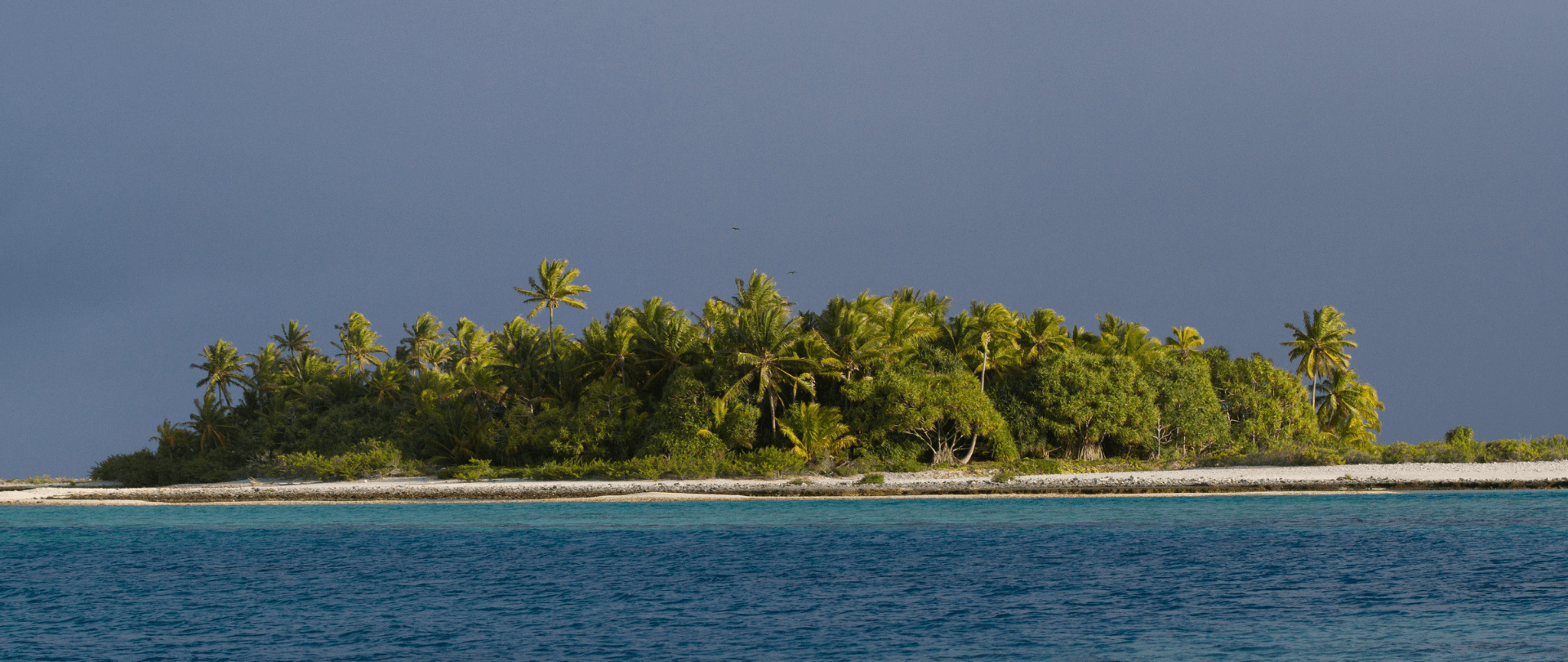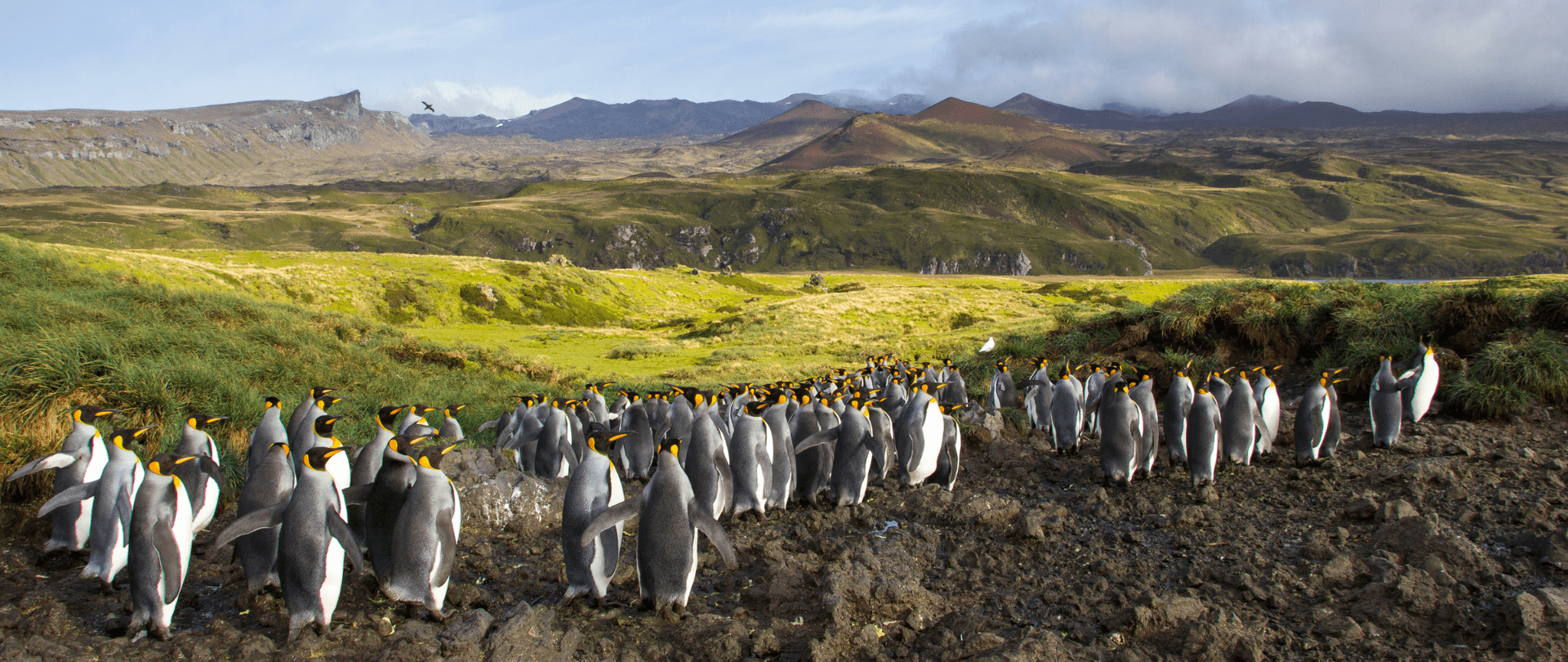The Ebiil Society: Champions of Palau
Ann Singeo, founder of our partner organization the Ebiil Society, shares her vision for a thriving Palau and a flourishing world of indigenous science!
Our new online shop is live!
Published on
June 17, 2016
Written by
Sara
Photo credit
Sara

Ecological models, rules, and genetic sequencing technology bring researchers to conclusion that almost one-trillion species live on Earth.
Perhaps you remember as a child enjoying books with detailed illustrations of all kinds of animals. Many of us learned about the great diversity of species that we share the planet with at a very young age. We marvel at the various shapes, sizes, and colors of these plants and animals, and our awareness of the environment is expanded.
Today, as adults, we can still discover new species. In fact, we could discover new species every day for the rest of our lives and still not be done. Whether you learn about a species you have never heard of before or a novel discovery reveals an inhabitant of Earth that nobody has heard of before, the exploration continues on with no end in sight.
According to a recent study conducted by biologists at Indiana University, the estimated number of species on earth is nearly one-trillion (that’s one-billion x 1,000). Many of these species do not represent those creatures we saw beautifully depicted in the books we pored over as children. Lesser-known than the lion, the elephant, the wolf, and the hippo are the microscopic bacteria, plants, fish, and invertebrates–species the average person might never encounter. While they may not be under the spotlight, these species still play important roles in their ecosystems.
You might expect most new species to be very tiny, but in fact even large species are still being discovered. Recently, a million-year-old, six-foot long monitor lizard was discovered on a remote island. Then three species of lemur were discovered on Madagascar. To date, we have identified about 1/1000 of 1% of the estimated total number of species living on Earth.
The researchers point out is that the identification of every single species of microbe on earth is a terribly unimaginable task.
The thought of identifying all these species is certainly daunting, and it’s not a task any one person could achieve alone. Perhaps the important thing is not that we identify every species, but rather that we secure the possibility, as individuals and as an inquisitive species, to continue to discover plants and animals thriving in their native habitats. To do so, it is essential that we care for our planet and work to ensure that the billions upon billions of diverse species that call Earth home can persist. With so many plants and animals already endangered due to human activities, we have an important role to play in mitigating the damage, protecting species, and preserving biodiversity.
Island Conservation is dedicated to the protection of island species, many of which are threatened with extinction and many of which we have yet to meet. These rich, diverse habitats promise only more discovery if we commit to saving them from threats such as invasive species.
 Walking a trail lined with rocks and vegetation on Mona Island, Puerto Rico. By Tommy Hall
Walking a trail lined with rocks and vegetation on Mona Island, Puerto Rico. By Tommy HallWho knows–perhaps over the next few decades and centuries, parents will discover new species at the same moments that their children do, as newly identified flora and fauna begin to make their first appearances alongside the species traditionally depicted in stories and picture-books.
Feature photo: Charles Fettinger
Read the original article at Island Crisis
Check out other journal entries we think you might be interested in.

Ann Singeo, founder of our partner organization the Ebiil Society, shares her vision for a thriving Palau and a flourishing world of indigenous science!

This historic agreement aims to protect the marine and coastal areas of the Southeast Pacific.

Our projects to restore key islets in Nukufetau Atoll forecast climate resilience and community benefits in Tuvalu!

Island Conservation and partners have published a new paper quantifying ecosystem resilience on restored islands!

Climate Week NYC: what is it and why is it important? Read on to find out why Island Conservation is attending this amazing event!

With sea levels on the rise, how are the coastlines of islands transforming? Read on to find out how dynamic islands really are!

Join us in celebrating the most amazing sights from around the world by checking out these fantastic conservation photos!

Rare will support the effort to restore island-ocean ecosystems by engaging the Coastal 500 network of local leaders in safeguarding biodiversity (Arlington, VA, USA) Today, international conservation organization Rare announced it has joined the Island-Ocean Connection Challenge (IOCC), a global effort to…

Island Conservation accepts cryptocurrency donations. Make an impact using your digital wallet today!

For Immediate Release Conservation powerhouse BirdLife South Africa has joined the Island-Ocean Connection Challenge (IOCC) – a global initiative aiming to restore, rewild and protect islands, oceans and communities – to support its work to save internationally significant albatross populations…